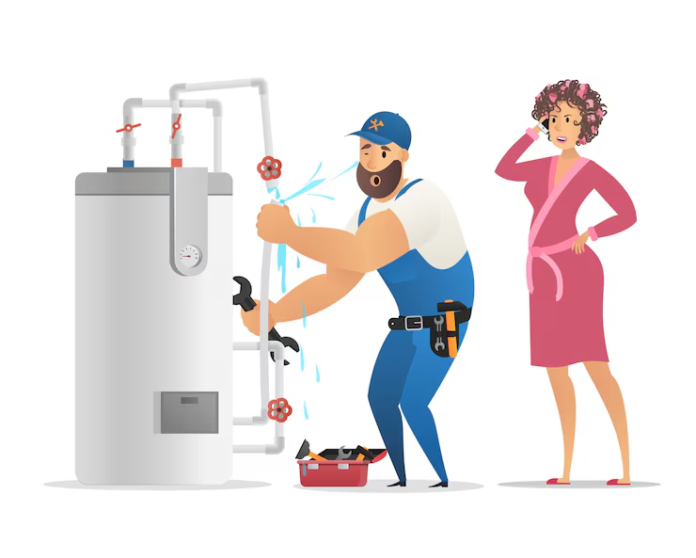When it comes to providing hot water for your home, the type of water heater you choose can have a significant impact on your energy efficiency, cost, and overall comfort. With a variety of water heater options available, it’s important to understand the pros and cons of each type to make an informed decision that best suits your needs. In this article, we’ll explore the different types of water heaters and help you determine the best choice for your home.
Traditional Tank Water Heaters
Traditional tank water heaters are the most common type of water heater found in homes. These units store a predetermined amount of hot water in a tank, which is then heated and maintained at a set temperature. Tank water heaters are generally more affordable upfront but can be less energy-efficient than other options, especially if the tank is not well-insulated.
Tankless Water Heaters
Tankless, or on-demand, water heaters heat water only when it’s needed, rather than maintaining a constant supply of hot water in a tank. This makes them more energy-efficient, as they don’t have to constantly reheat a stored volume of water. Tankless water heaters are more expensive upfront but can provide significant long-term savings on energy costs.
Heat Pump Water Heaters
Heat pump water heaters are a hybrid option that use electricity to move heat from the surrounding air into the water, rather than generating heat directly. These units are highly energy-efficient, but they require a specific type of installation and may not be suitable for all homes.
Plumbing Services
When it comes to selecting and installing a new water heater, it’s important to work with a reputable plumbing services. Experienced plumbers can assess your home’s hot water needs, provide recommendations on the best type of water heater, and ensure that the installation is done correctly and to code. They can also provide ongoing maintenance and repair services to keep your water heater running efficiently.
Solar Water Heaters
Solar water heaters use the power of the sun to heat water, making them an eco-friendly and cost-effective option. These systems typically require a larger upfront investment but can provide significant long-term savings on energy bills. Solar water heaters work best in areas with consistent sunlight and may require additional components, such as a backup heating system, to ensure a reliable hot water supply.
Tankless Water Heater Replacement
If you currently have a traditional tank water heater and are considering upgrading to a more energy-efficient option, a tankless water heater replacement may be a good choice. Tankless water heaters can provide a continuous supply of hot water, while also reducing your energy consumption and utility bills. When replacing your water heater, it’s important to work with a professional plumber to ensure a seamless transition and proper installation.
Factors to Consider
When choosing a water heater for your home, consider factors such as your household’s hot water needs, available space, energy efficiency, and long-term operating costs. It’s also important to research any local building codes or regulations that may impact your water heater selection and installation.
Conclusion
Selecting the right water heater for your home is an important decision that can have a significant impact on your energy usage, utility bills, and overall comfort. By understanding the different types of water heaters, including traditional tank, tankless, heat pump, and solar options, you can make an informed choice that best suits your needs. Remember to work with a reputable plumbing service, whether you’re installing a new water heater or replacing an existing one, to ensure a smooth and efficient process. With the right water heater in place, you can enjoy a reliable supply of hot water while also maximizing your home’s energy efficiency.


















